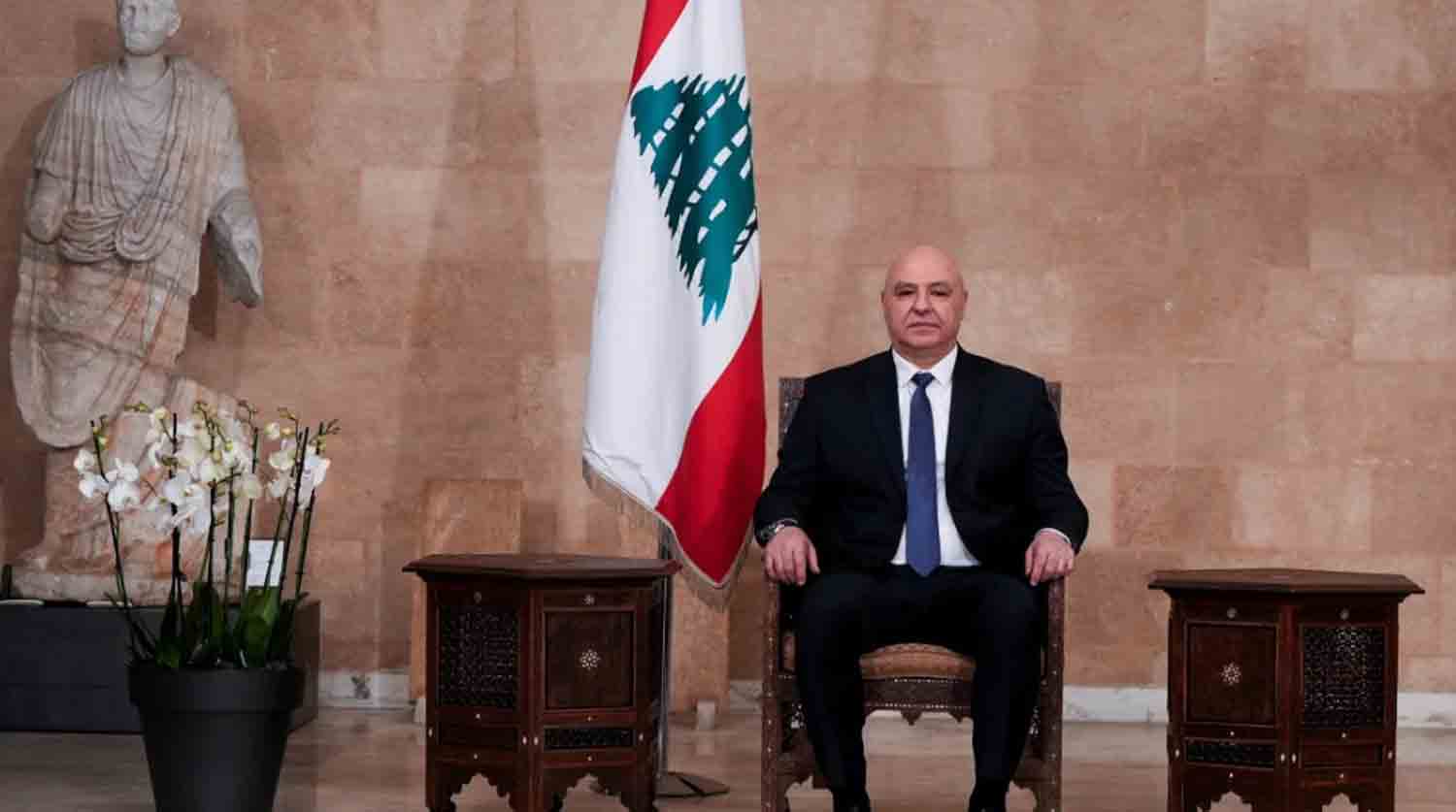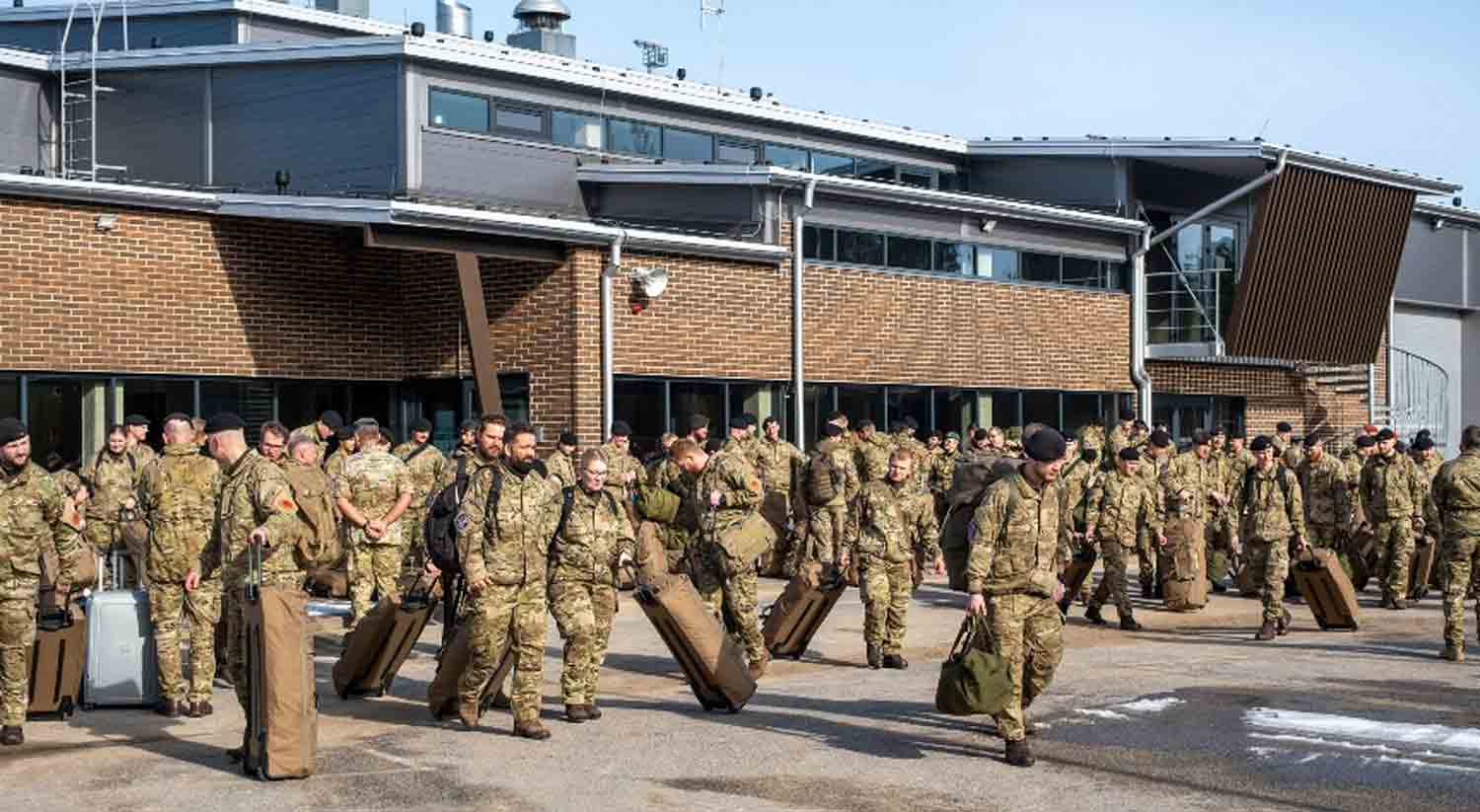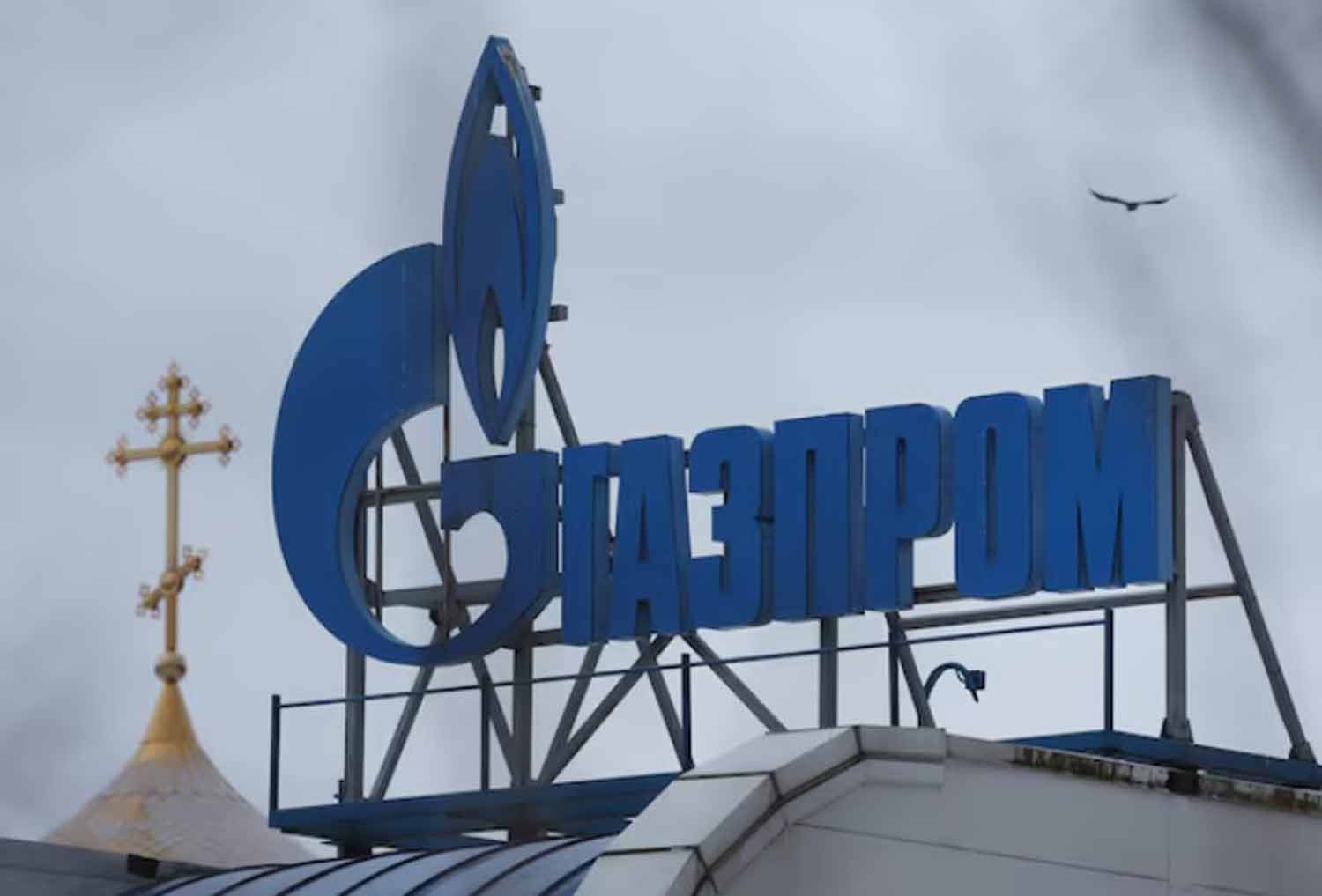A last-minute intervention by Saudi Arabia determined the outcome for Lebanon on Thursday.
With less than 24 hours remaining before the parliamentary vote for the next president, Lebanon’s political situation was chaotic and fragmented.
The sectarian political elite appeared to be at an impasse. In Lebanon, presidential candidates typically require broad political consensus, yet more than six individuals were still in contention. Discussions were intense, and many politicians deemed army chief Joseph Aoun constitutionally ineligible for the presidency due to his military role.
It seemed that parliament was on the verge of its 13th unsuccessful attempt to elect a president in over two years.
Then, a Saudi delegation led by the kingdom’s envoy, Prince Yazid bin Farhan, arrived in Beirut for the second time that week. They conducted a series of rapid meetings with various political factions. By the time they departed, only one candidate remained: the US-supported Aoun.
Ninety-nine lawmakers cast their votes for Aoun, exceeding the necessary two-thirds majority in Parliament. The remaining 29 votes were mostly blank or invalid (one lawmaker even voted for “Bernie Sanders”).
Shortly thereafter, Aoun entered parliament, having changed from his military uniform into a suit and tie. He took the oath of office and delivered a powerful, seemingly well-prepared speech, promising to lead Lebanon into a “new era” and to centralize control of weapons under state authority. This indicated a move towards disarming Hezbollah, one of the most heavily armed militant groups in the world for nearly four decades.
Celebration erupted in the streets as a presidential void was finally addressed. A prolonged impasse among the confessional elite had been resolved, at least for the moment.
However, this development prompted broader inquiries. What motivated Saudi Arabia to invest considerable diplomatic efforts to secure a president, effectively concluding nearly eight years of perceived abandonment of Lebanon, which it regarded as “lost” to Iranian influence through Hezbollah?
Another crucial element that facilitated Aoun’s presidency was the support from Hezbollah and its ally, the Amal party.
The process was meticulously orchestrated. Initially, Hezbollah and Amal, often referred to as the Shia duo, cast blank votes during the first voting round, which did not yield a president. Following a two-hour intermission, the leaders of their parliamentary factions convened with Aoun, the specifics of which remain undisclosed. Upon returning to the assembly, they voted for Aoun, thereby breaking the stalemate and paving the way for his presidency.
The implication was unmistakable. Despite suffering significant setbacks from its conflict with Israel in the fall and the recent fall of its crucial ally, Syrian President Bashar al-Assad, Hezbollah demonstrated its ability to either maintain a deadlock or bring it to an end.
Why did they choose to elect a president who was given a mandate to disarm them?
Saudi Arabia re-engages in the situation
The specifics of the discussions that led Saudi Arabia to rally significant support for Aoun remain unclear. However, it was a concerted effort that coincided with diplomatic engagements from Western nations. France’s special envoy to Lebanon, Jean-Yves Le Drian, also held discussions with Hezbollah lawmakers.
France stands out as one of the few Western nations that does not classify Hezbollah entirely as a terrorist organization, thereby preserving a diplomatic connection with the political faction of the militant group. This relationship represents one of the last remaining ties between the West and the Iran-supported organization.
Earlier this week, US Special Envoy to Lebanon Amos Hochstein was actively working to bolster Aoun’s prospects through a series of meetings.
Lebanon’s lawmakers were acutely aware of these developments. “We’re not here to elect a president,” independent MP Jamil el-Sayyed stated to local TV station Al-Jadeed from parliament on Tuesday. “We’re here to confirm the appointment of a president.”
In remarks made prior to the ballot casting, anti-establishment legislator Halime El Kaakour pointed to the upper gallery where foreign ambassadors, including those from the United States, France, Egypt, and Iran, were seated. “No external influence should dictate our decisions, whether it be the Iranians, Syrians, or Americans. We must not substitute one form of external control for another,” she stated.
“Interference in our domestic matters is unacceptable, despite my respect for the ambassadors present,” she added. “We advocate for international collaboration, but our sovereignty must remain intact.”
Aoun’s predecessor, Michel Aoun, who was supported by Hezbollah, concluded his presidency over two years ago. His administration was largely perceived as a period marked by Iranian influence in Lebanon, coinciding with a significant rise in Hezbollah’s political clout. The transition in external support between the two Presidents Aoun represents a profound shift for the nation.
However, Hezbollah seems to be approaching this new phase with a sense of quiet acceptance. Following Aoun’s election, Mohammad Raad, the leader of Hezbollah’s parliamentary bloc, remarked that they supported him to foster “national understanding.”
He also noted that they refrained from voting in the initial round to convey a message that they are “guardians of sovereignty.”
Strategic ambiguity may serve as a crucial asset for the group at this critical juncture. During the two-month conflict with Israel in the fall, the militant organization faced a series of significant setbacks, including the death of its long-standing leader, Hassan Nasrallah. The removal of Assad, who had facilitated the group’s supply routes from Iran, has greatly hindered its rearmament capabilities.
Additionally, the group has consented to withdraw its fighters from southern Lebanon, which has been its stronghold for forty years and the primary theater of conflict with Israel, a nation that occupied the region from 1978 to 2000 and is still regarded as an adversary by Lebanon.
However, the disarmament process is far from finished. Hezbollah is still thought to possess medium- and long-range missiles and maintains a substantial support base among the Shia community. This suggests that negotiations regarding their armament will likely be prolonged and will involve external parties.
Furthermore, this situation will serve as a litmus test for the nearly two-year-long reconciliation between Riyadh and Tehran. On the domestic front, Lebanon’s newly elected president must navigate this process while averting the risk of civil unrest, a concern he alluded to in his acceptance speech by vowing to prevent the country’s factions from resorting to violence against one another.
Israeli forces continue to operate in certain regions of southern Lebanon. The Israeli government has indicated that it may extend its military presence beyond the deadline set for the end of this month, as outlined in the US-brokered ceasefire agreement that concluded the conflict in late November.
President Aoun has vowed to ensure their withdrawal, asserting that this responsibility rests solely with the state.
This situation presents unprecedented challenges for the small and troubled nation in the eastern Mediterranean. However, many citizens hold a sense of hope.
“Lebanon now has a president who offers both compassionate leadership and legitimate statehood to the Lebanese people and the international community,” remarked Lynn Zovighian, a columnist, philanthropist, and founder of the social investment platform Zovighian Partnership.
“It is time for effective leadership, adherence to constitutional order, a robust state, and a focus on humanization, so we can finally attain socio-economic prosperity, justice, and accountability,” Zovighian stated in an interview with CNN.
Discover more from Defence Talks | Defense News Hub, Military Updates, Security Insights
Subscribe to get the latest posts sent to your email.





